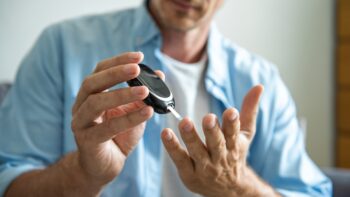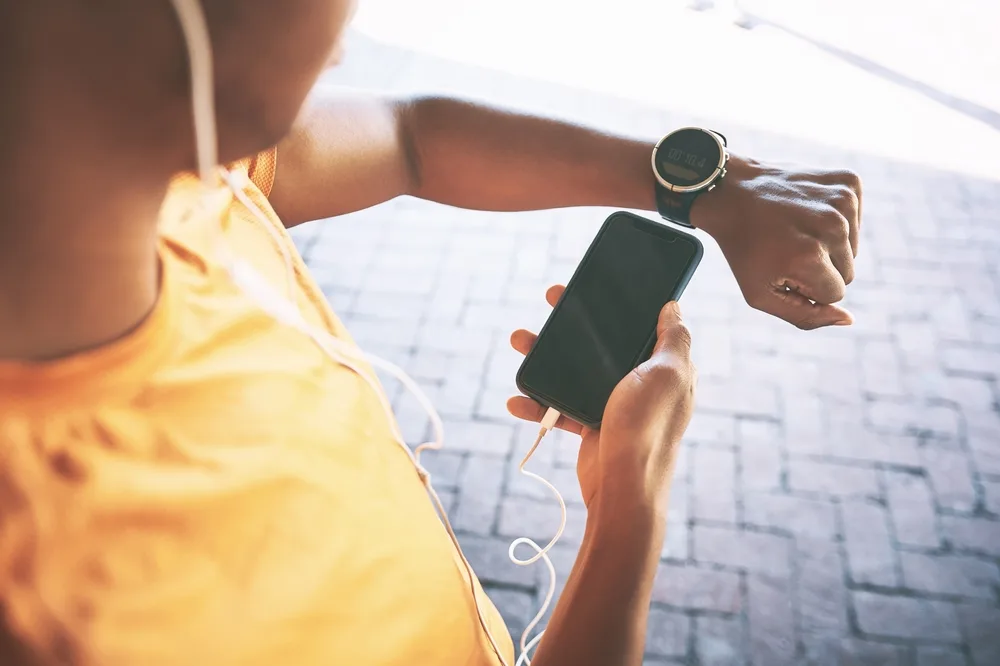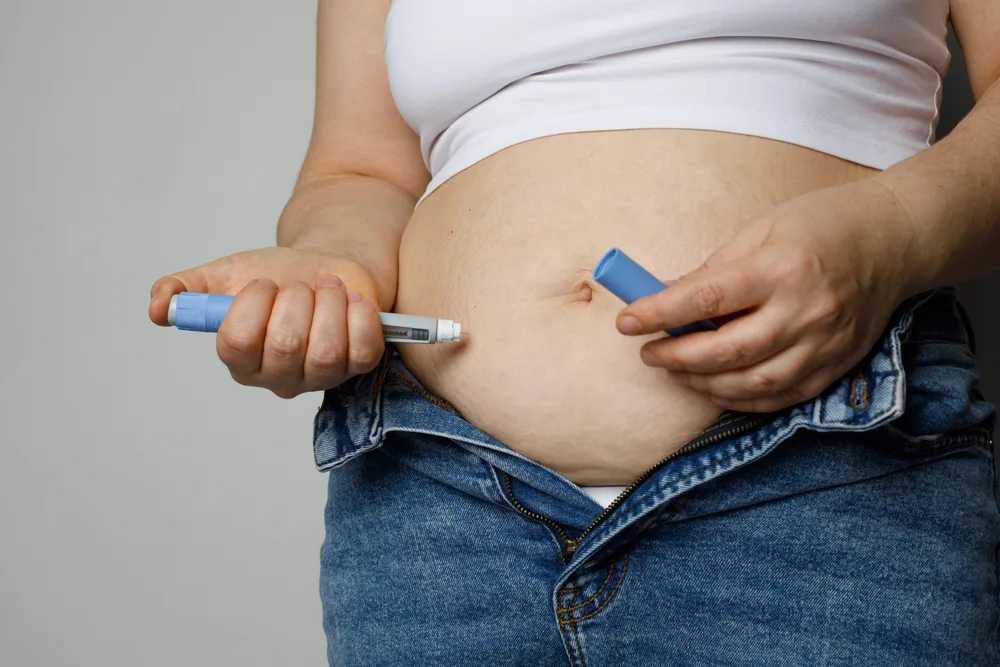
Ever wonder why you wake up feeling groggy—even after a full night in bed? If you have diabetes, your blood sugar may be sabotaging your sleep. Studies show that people with diabetes are more likely to experience poor sleep quality, insomnia, and even sleep disorders like sleep apnea.
And it’s a two-way street: bad sleep can also spike your blood sugar, creating a frustrating cycle that’s hard to break. In this post, we’ll explore the science behind the diabetes-sleep connection, what symptoms to watch for, and practical tips to finally get the rest your body needs.
The Blood Sugar and Sleep Connection
How High Blood Sugar Affects Sleep
When your blood sugar is high (hyperglycemia), it can cause:
- Frequent urination (getting up to pee all night)
- Thirst and dry mouth
- Restlessness or feeling too hot
- Headaches or body aches
These symptoms disrupt your sleep without you even realizing it, leaving you tired and irritable the next day.
How Low Blood Sugar Disrupts Sleep
On the flip side, low blood sugar (hypoglycemia) can also wake you up. It may cause:
- Night sweats
- Shaking or a racing heart
- Vivid dreams or nightmares
- Sudden waking with anxiety or confusion
This is especially common if you take insulin or certain oral diabetes medications.
The Vicious Cycle: Poor Sleep Raises Blood Sugar, Too
Here’s the kicker: not only can blood sugar affect sleep, but poor sleep can also raise your blood sugar levels. Lack of sleep leads to:
- Increased insulin resistance
- Higher cortisol levels (your stress hormone)
- Sugar cravings and overeating the next day
Even one bad night of sleep can make your body less efficient at processing glucose the next day. Over time, this can make managing diabetes much harder.
Common Sleep Disorders Linked to Diabetes
Obstructive Sleep Apnea (OSA)
- OSA is especially common in people with Type 2 diabetes. It causes your airway to collapse during sleep, leading to:
- Loud snoring
- Gasping for air
- Daytime exhaustion
Untreated sleep apnea can worsen insulin resistance and increase the risk of heart disease.
Restless Legs Syndrome (RLS)
This causes an uncontrollable urge to move your legs, usually at night. It may be linked to diabetic neuropathy (nerve damage) or low iron levels.
Insomnia
Worrying about your health, blood sugar crashes, or nighttime discomfort can all contribute to chronic insomnia—making blood sugar control even harder.
Tips to Improve Sleep with Diabetes
Here’s what you can do tonight to sleep better:
1. Check Blood Sugar Before Bed
Make sure you’re not too high or too low. Aim for a steady, stable range at bedtime.
2. Avoid Late-Night Carbs
Eating sugary or high-carb snacks before bed can lead to blood sugar spikes—and crashes—during the night.
3. Create a Wind-Down Routine
Try deep breathing, stretching, or a warm (but not hot) shower. Avoid screens and stress before bed.
4. Keep a Consistent Sleep Schedule
Go to bed and wake up at the same time every day—even on weekends. Your body thrives on routine.
5. Talk to Your Doctor About Sleep Apnea
If you snore, wake up gasping, or always feel tired, ask about getting a sleep study.
When to Seek Help
If you’re doing “all the right things” but still waking up exhausted or struggling to fall asleep, it’s time to bring it up with your healthcare provider. You may need a medication adjustment, a sleep evaluation, or extra support from a diabetes educator.
Final Thoughts: Better Sleep = Better Blood Sugar
Sleep isn’t just “nice to have” when you’re managing diabetes—it’s essential. Prioritizing your sleep hygiene and understanding how blood sugar affects your rest can make a massive difference in your energy, mood, and glucose control. So tonight, treat sleep like part of your diabetes care plan—because it is.
By Admin –







